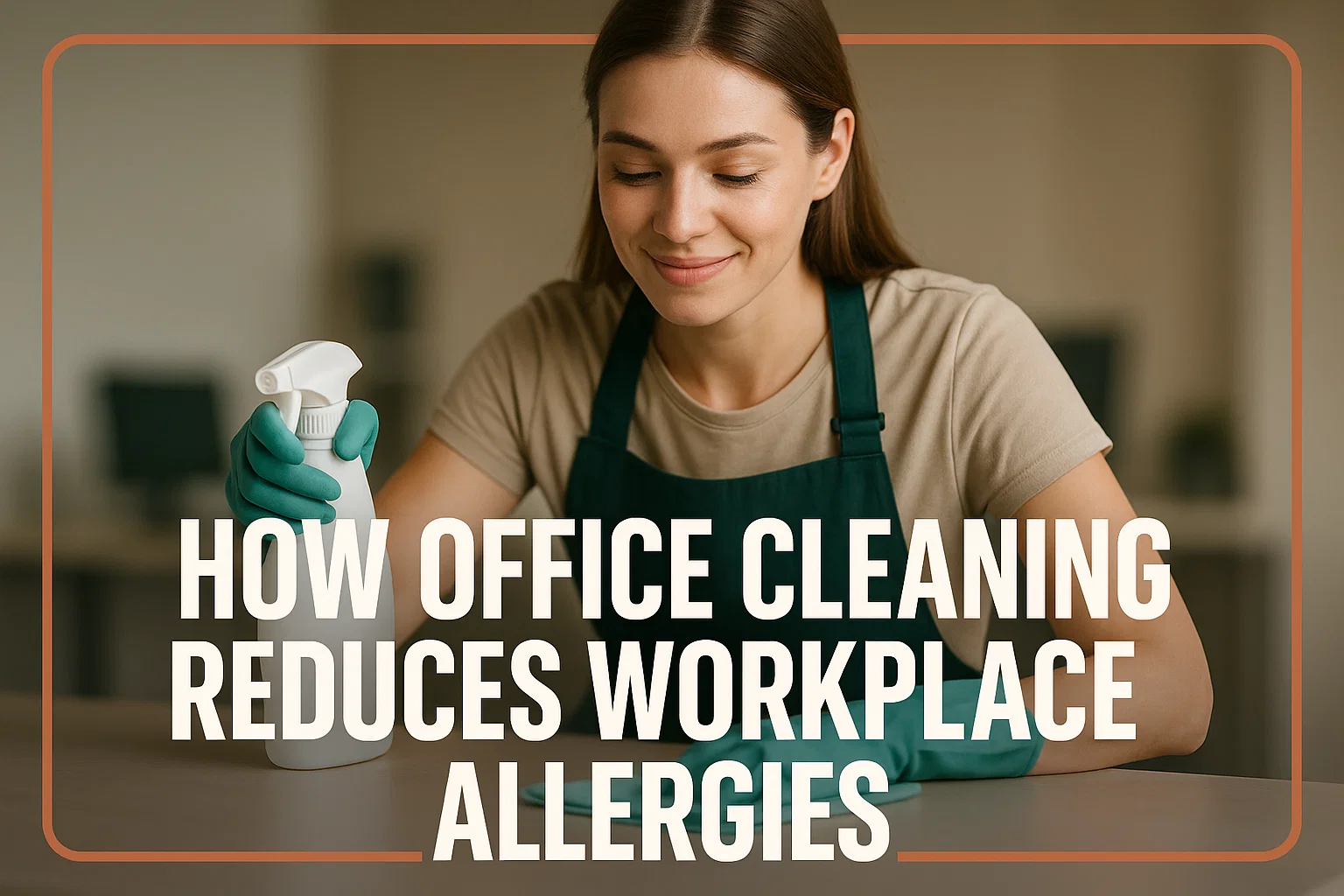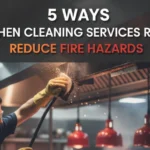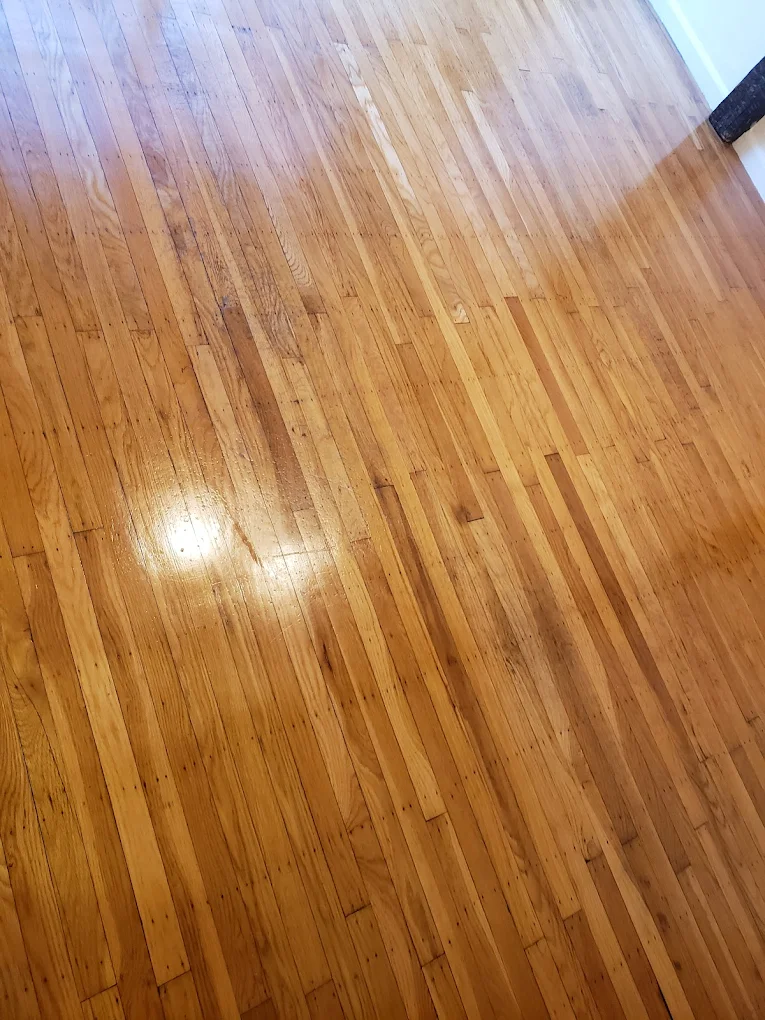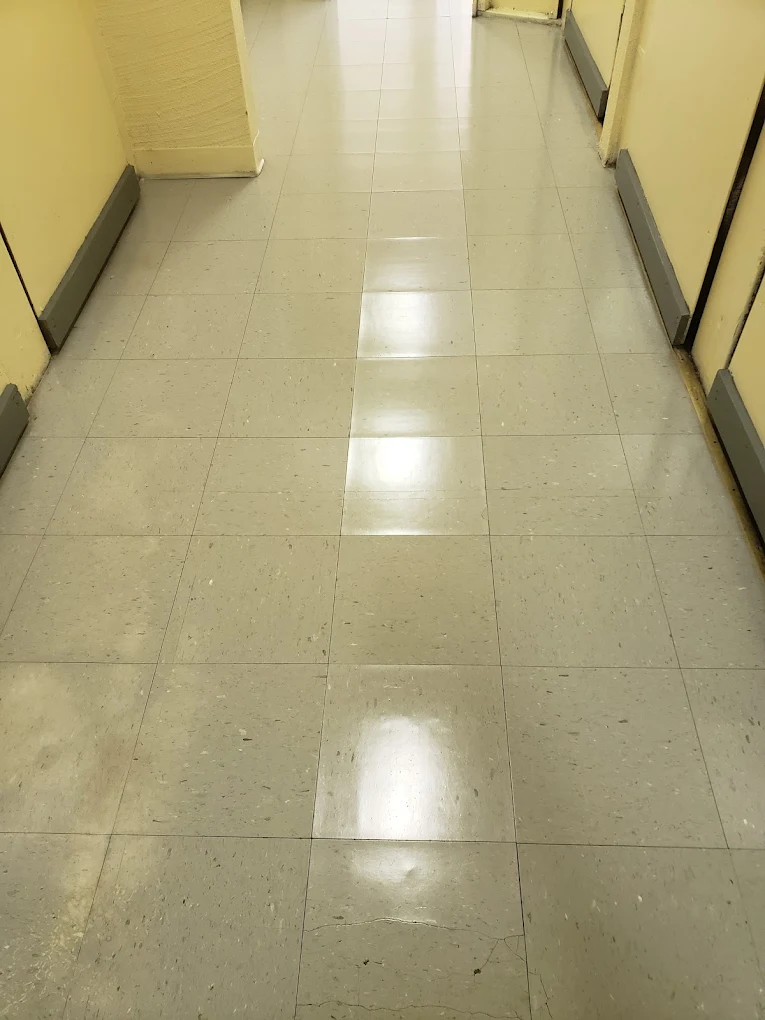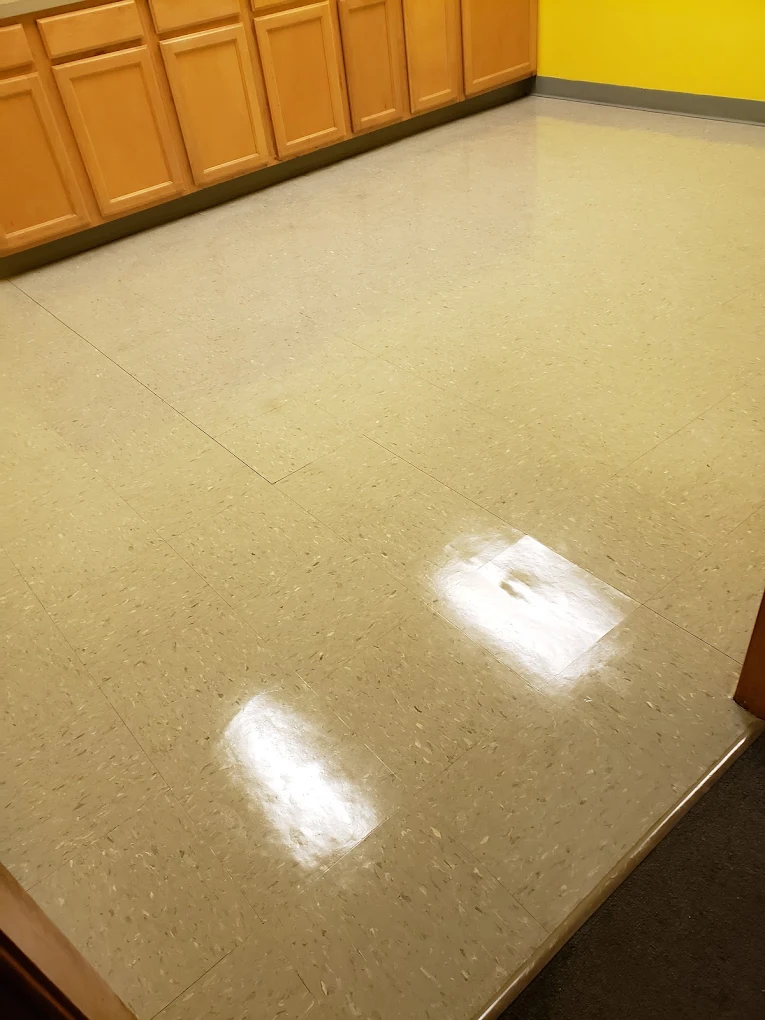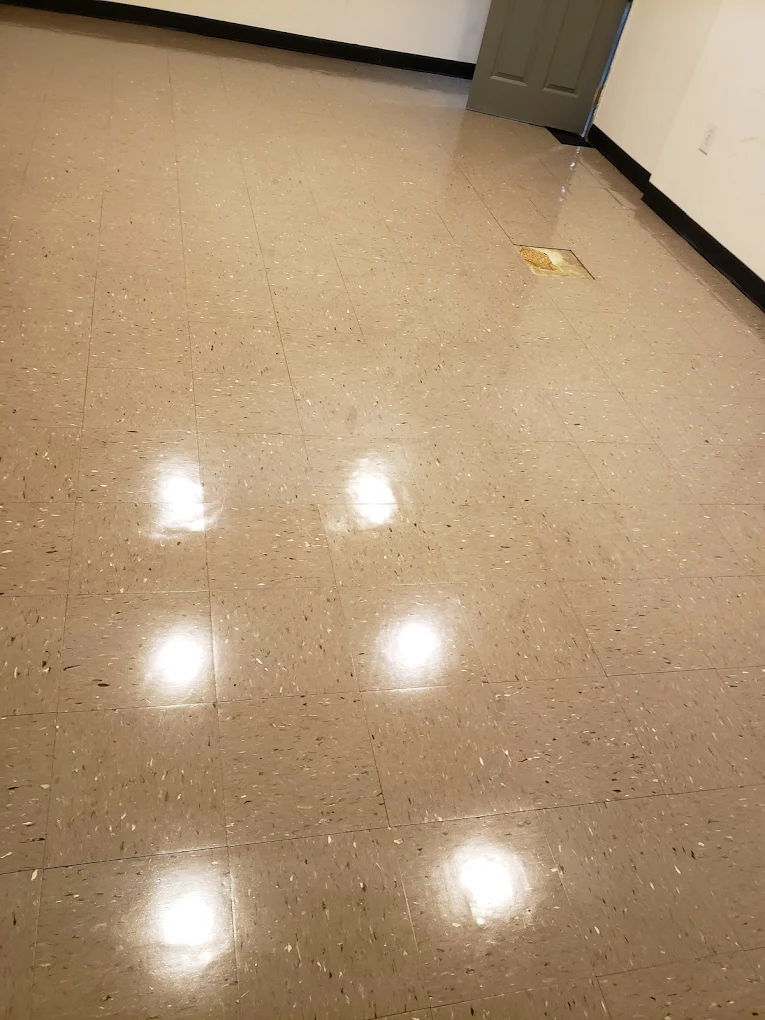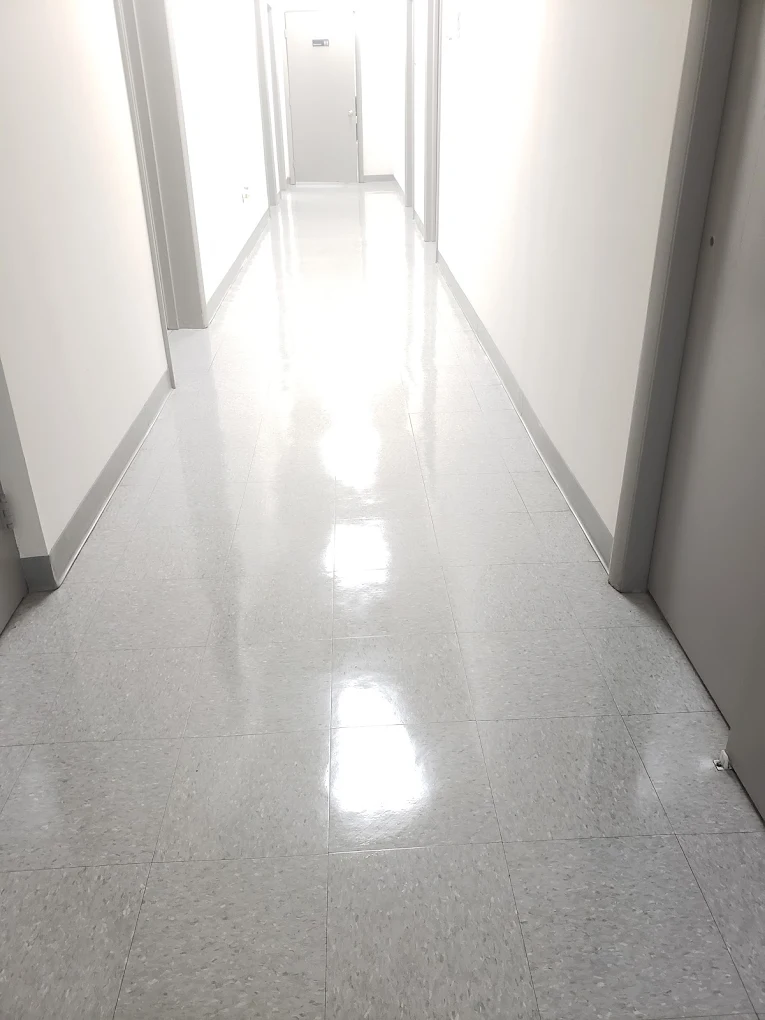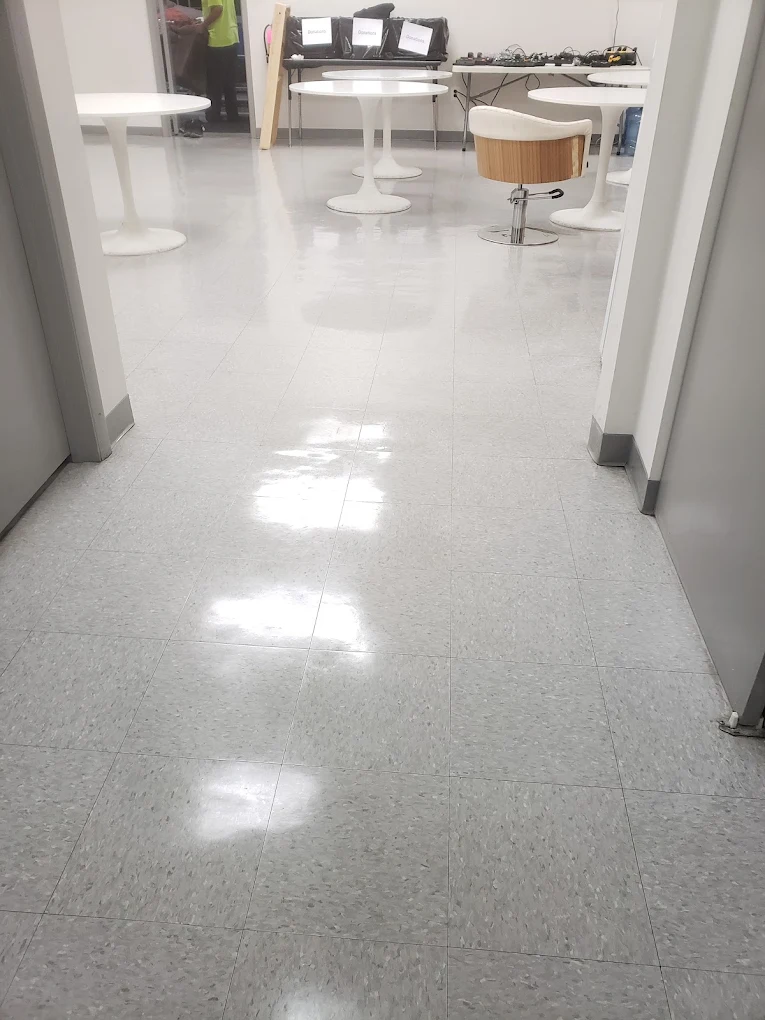New Jersey offices tend to conceal allergens such as dust, mould and pet dander that cause allergy and damage the health of the employees in the workplace. These unseen irritants bring about sneezing, irritation of the eyes and breathing problems, diminished productivity and high sick days. The cleaning of the office by professionals is aimed at removing allergens, including dusting the carpets, upholstery, and vents of the premises using HEPA-filter vacuums and deep cleaning techniques. It also enhances the quality of the indoor air by maintaining the HVAC systems and using low-irritant cleaning products.
Disinfection destroys the spores of the mould and bacteria that increase allergies, but does not bring any toxic substances. In places such as Pennsauken, regular cleaning of allergens makes the workplace a healthier and more comfortable place. Clean offices enhance the concentration of the employees, minimize absenteeism and provide a good working environment. Office cleaning is a better health and business performance investment. Make your NJ office allergen-free and have your team flourish.
Why Allergies in the Workplace Matter
It is easy to be mistaken about the prevalence of allergies in office settings. The allergens of dust, mould, pet dander as well as other allergens, accumulate silently, causing sneezes, red eyes, and asthma attacks in employees. Such symptoms not only negatively affect personal health but also decrease concentration and increase sick leaves. Knowledge on how office cleaning minimizes workplace allergies in NJ offices can be used to enable business owners to establish safer and productive working conditions.
Common Allergens Found in NJ Office Buildings
The office buildings in New Jersey are susceptible to numerous allergens that have the potential to severely affect the health and indoor air quality of workers. Understanding these common allergens can help businesses address and reduce their presence through targeted cleaning and maintenance strategies.
Dust Mites
Dust mites are tiny organisms that are known to grow in warm and damp areas and office carpets, upholstered furniture, as well as HVAC vents, would be ideal breeding sites. These minute pests feed on the dead skin cells and dispose of their waste, that are carried to the air and might result in allergic reactions, including sneezing, coughing, and sore eyes, among the workplace employees.
Mold Spores
Mold grows well in dark and wet places, commonly found in office buildings through leakages, condensation or high humidity. Spores of molds may be carried into the air and get into the respiratory system resulting in irritation that may be either mild allergies or severe asthma attacks. Mold will propagate quickly without cleaning and moisture control, which aggravates the quality of indoor air.
Pet Dander
Animal hair and skin flakes are minute flakes of pet dander. Although pets may not be present in the office physically, employees still manage to introduce dander in the office unintentionally by carrying it on their clothes or carry-ins. One of the allergens that worsens respiratory illnesses is pet dander, which makes sensitive persons uncomfortable.
Pollen
When the season changes to allergy season, office buildings may allow pollen in through open doors or windows cleaning or ventilation systems that may be carrying tree, grass, and flower pollen. The symptoms of this seasonal allergen may also exacerbate the effects of employees with hay fever or seasonal allergies and lead to the development of watery eyes, nasal congestion, and an overall feeling of discomfort at the workplace.
Chemical Irritants
Cleaning products, office equipment such as printers and copiers, and building materials are the sources of chemical irritants. Chemicals or strong scents may make sensitivities worse and cause headaches, irritation of the eyes and respiratory complications, particularly in employees who are susceptible to asthma or allergies.
Accumulation and Impact
These allergens build up, and even in the absence of regular and appropriate cleaning, there is a sustainable source of irritation and allergies. The more time allergens stay the greater the adverse health consequences, employee agony, employee absenteeism, and productivity reduction. Professional cleaning measures are important in treating these allergens in order to have a healthier workplace in New Jersey.
Best Cleaning Methods for Allergy Control in Offices (NJ)
It makes sense to focus your cleaning efforts on these areas of your commercial space in order to cut down on allergens and generate a safe and healthy workplace for New Jersey employees. Allergen control is thoroughly achieved by going over the following tactics:
- Regular Dusting and Vacuuming: Cleaning is one of the things that makes sense and it is not necessary to resettle dust but to use HEPA-filter vacuums, which trap the fine dust particles, and you will not raise the level of allergens in the air.
- Frequent Cleaning of Carpet and Upholstery: Have your carpets and furniture professionally cleaned using a steam technique that cleans deep into the fibres and kills dust mites along with all other allergens.
- Microfiber Cloths: This group of cloth has a higher capability of trapping dust in comparison with the traditional ones, and this implies that you will not release as many allergens into the air during cleaning.
- Good Ventilation: It is important to have your HVAC system checked on a regular basis and your filters changed on the occasions that they become necessary. This will help in getting the most of the air to flow through your house and reduce the spread of the irritants.
- Hypoallergenic Green Cleaning Products: The use of mild and low-irritation products will avoid triggering the senses and encourage the healthier living of people in your organization.
Through these cleaning methods, NJ office will be able to reduce the accumulation of allergens and offer healthy and comfortable working areas to employees.
Air Quality Improvement Through Office Cleaning in NJ
Better indoor air quality is an important preventative for workplace allergies and regular office cleaning contributes to it:
- It lifts away dust and particles from surfaces, while dirt remains locked in the Microfiber pad.
- Cleaning HVAC systems and ducts removes trapped dust, mold spores and debris from being blown into the office space.
- In addition, the secondary use of air purifiers further improves the cleanliness of air through the removal of residual allergens and irritants.
- Combined, these actions mean fresher, cleaner air, which greatly reduces allergic reactions and enables employees to breathe easier.
Role of Disinfecting in Allergy Reduction in NJ Offices

Disinfecting in offices isn’t just about killing germs, it’s part of allergy control:
- Good disinfectants kill mold spores on surfaces, which are a common allergen.
- Good disinfecting practices also help to keep bacteria at bay, which can lead to respiratory irritation and make allergies worse.
- Selecting disinfectants with low VOCs also avoids adding more chemical allergens to the environment.
With proper germ-killing chemicals and diligent use, NJ offices can easily manage allergens and pathogens.
Benefits of Allergen-Free Workplaces in Pennsauken
Pennsauken allergen-free cleaning-focused offices have an advantage in the following ways:
- Better health among all employees, fewer allergic symptoms, and fewer days absent.
- Boosted productivity due to healthier, happier employees.
- Increased job satisfaction and a more inviting space for employees and clients.
- Meeting health and safety standards for clean, safe indoor air quality.
When Pennsauken businesses invest in allergy formalized cleaning they are investing in the health of the individuals who spend a lot of time inside these facilities.
Office Cleaning for Employee Health in Pennsauken
The condition of the workplace is also a major influence on employee health in Pennsauken offices. A well-maintained environment:
- Minimizes the spread of disease-causing germs and allergens to decrease the risk of infections.
- Promotes mental wellness by providing a peaceful stress-free space that is also free of irritants that can make you uncomfortable or cause distraction.
- Promotes work in the office instead of work from home on account of allergies or illness.
Staying ahead of it with regularly scheduled professional cleanings that are formulated to tackle allergens is a great investment, one that can have a big impact on employee well-being and an inviting office culture.
How Office Cleaning Can Prevent Allergies and Illness
- Great office cleaning blocks allergy instigators and pathways of sickness by:
- It will also remove dusty, moldy and allergen pools from surfaces, carpets, and air handling systems.
- Dramatically minimising microbial contamination that irritates the lungs and aggravates respiratory problems.
- Keeping a clean work environment overall promotes the health of your staff and lessens absenteeism.
By having clean offices all the time employees enjoy better health, experience fewer allergy symptoms and work with more motivation to perform their best.
Conclusion
By understanding how office cleaning habits can cut back on workplace allergies in NJ offices, business owners can now make an effort to clean up their act when it comes to employee health. Consistent, specific cleaning patterns that manage allergens, enhance air quality and maintain the need for disinfecting are key. This translates into allergen-free, efficient offices in NJ communities such as Pennsauken, with its workforce living and working in cleaner spaces.
When you want the best office cleaning service that goes a long way in preventing workplace allergies and supporting staff health, Just Right Cleaning is your answer. Get in touch with us now to set up a consultation for your New Jersey office and help make a healthier, safer working space.
FAQ’s
Best to clean regularly, every 1-2 weeks; deep cleaning: every quarter & half year or as per sales season need. Keeps HVAC maintained seasonally for good operation.
Apply non-perfumed and low-VOC cleaning substances that are made in the least irritating way possible.
The allergens are significantly minimized through professional cleaning and regular maintenance and employee behaviors (such as the minimum of clutter) can be used to maintain the level of allergens.
Yes, disinfecting will kill mold spores and allergy-triggering bacteria, but do so with non-irritant ingredients in the lineup.
Use air purifiers as a partner in cleaning to remove airborne allergens and create higher quality indoor air, so important for heavily-used office spaces.

